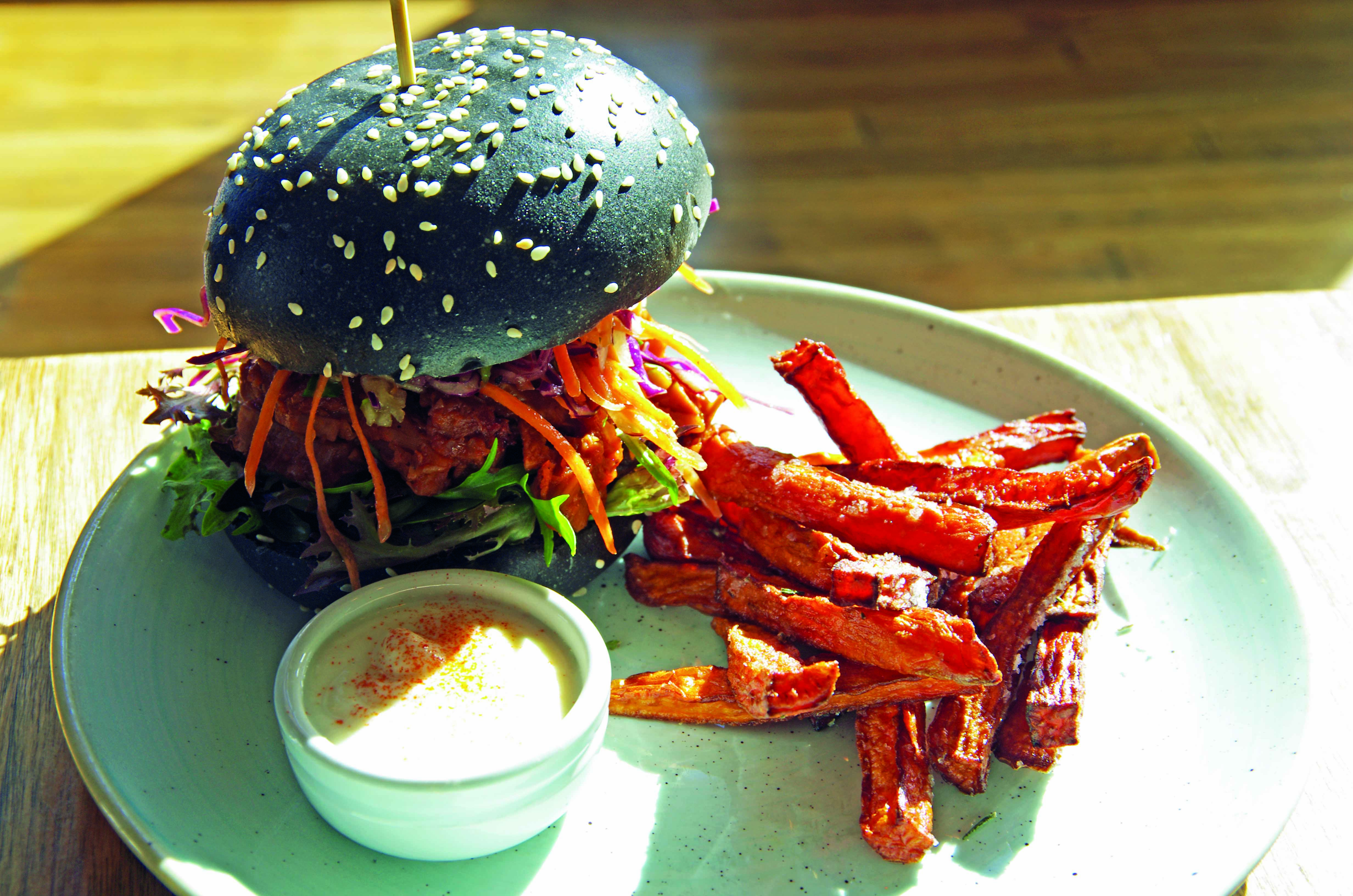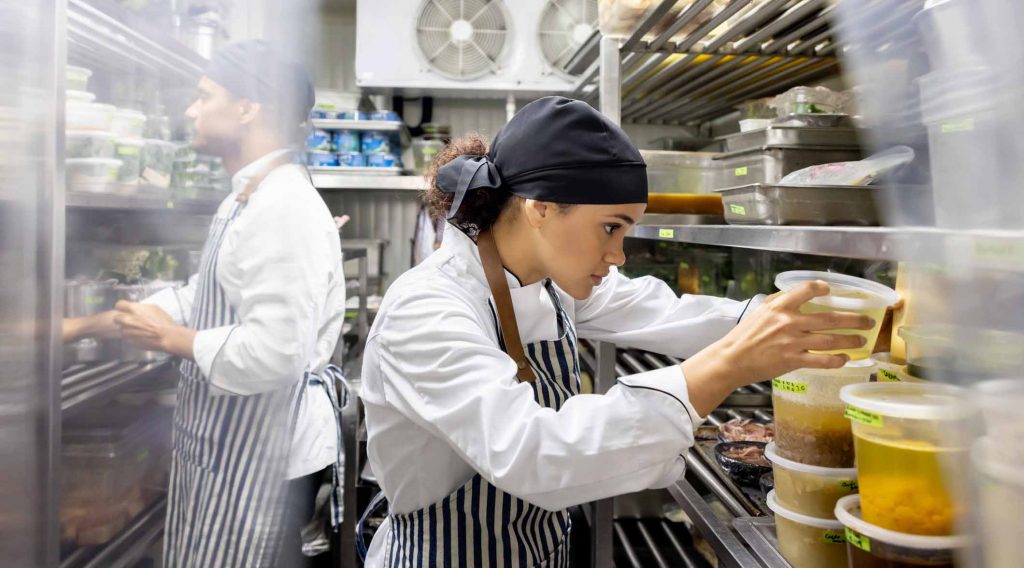
1. Big money
The vegan packaged food market down under is currently estimated to be worth around $136m and expected to hit $215m by 2020.
2. The rise and rise
The number of vegans in Australia leapt from 1.7 million in 2012 to 2.1 million in 2016, representing an 11% increase. In 1995 only 4% of the Australian population was reported to be vegan.
3. Vegan hits
The largest product sector for vegan labelling in Australia is dairy-type products, which are estimated to be worth $83.7m, followed by sauces, dressings and condiments ($26.3m), biscuits and snack bars ($12.5m), confectionary ($6.9m), breakfast cereals ($5.4m) and spreads ($1.1m).
4. Meeting demand
New operators have opened to cater to this recent expanding vegan audience. Australian vegan fast-food chain Lord of the Fries was a pioneer when it opened in Melbourne in 2004 – long before the vegan diet became a trend. It was the first Australian operator to launch the Beyond Burger, a vegan patty made from pea protein, coconut oil and beets, which give it a “bleeding” appearance and comes from US-based Beyond Meat.
5. Driving forces – the consultant’s view
Toni Clarke FCSI of RT Hospitality Solutions says the vegan trend originated with the Millennial generation, but has steadily trickled down to the older generations. Among the forces behind the trend, she cites increased awareness of health benefits but also of animal welfare; social media; better availability of vegan packaged foods in the supermarket; and the rising price of primary products including meat, fish and poultry.
Clarke says the foodservice sector has had to adapt fast. “Innovation is the key to survival as vegans and also flexitarians are here to stay and the market sector is increasing at a rapid rate. Again, the Millennials are dictating the growth via pop-ups, food trucks, small ethnic eateries and use of Uber Eats. Menus must be designed to provide high-quality innovative vegan selections and chefs promote their relationships with producers using fresh seasonal and local product.”
Manufacturers, too, have to deliver, explains Clarke. “We need refrigeration that is easily changed from refrigerate to freeze, ovens that can steam as well as bake, changeable pods to swap from deep fryers to pasta boilers, equipment that uses less energy, less water and requires less operational labour.
Pictured: Getty Images
Sources: Euromonitor, Vegan Australia




